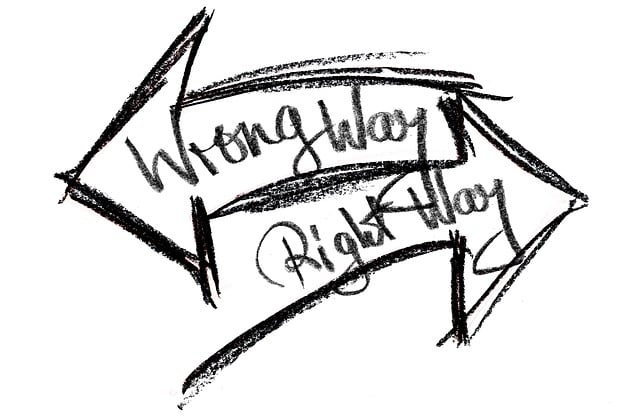
The Board’s (Almost Mandatory) Role in Form 990 Preparation
07.24.2024 | Linda J. Rosenthal, JD

We’re continually impressed by the scope and quality of online, free-of-charge, resources available to the philanthropic community on topics ranging from governance to fundraising rules. As we periodically discover these gems of knowledge, we like to pass them on to you.
For instance, last month we highlighted the Internal Revenue Service’s own web-based Exempt Organizations, The IRS, and YouTube (April 19, 2019) for links to helpful information about charitable organizations right from the horse’s mouth. A few months earlier, we told you about a collaborative presentation by the legal staff of four major U.S. foundations in Foundation Law: Free Online Learning (January 10, 2019).
Our newest discovery is a series by Independent Sector, announced last summer to highlight – one a week – each of its 33 “Principles of Good Governance and Ethical Practice.” While we’re a bit late to the rodeo – (by late April, the series had already reached Principle 28) – this information is important enough to mention and recommend right now.
Independent Sector is a national membership organization created in 1980: a coalition of nonprofits, foundations, and corporate-giving programs to “advance the common good.” Among its many programs and initiatives is The Principles of Good Governance and Ethical Practice. These 33 Principles arose in large part from a big push by government lawmakers in the aftermath of the huge scandals in the early 2000s, most notably including Enron Corporation. Although that firm and other wrongdoers were multinational, for-profit corporations, the alarm bells were loud enough to spill over into concerns about the nonprofit sector.
Wheels were turning around the nation to rein in bad corporate behavior. Specifically, “[p]rompted by tales of fund-raising fraud, conflicts of interest and bloated overhead, a number of state and federal legislators …[began]… working to create new rules for nonprofit groups.”
For instance, in 2004, California enacted the Nonprofit Integrity Act, overhauling duties of charitable directors and trustees as well as oversight standards; other states followed.
There was considerable activity in Congress with the goal of adopting federal legislation. “At the request of Senator Grassley […(R-IA)…] and Senator Max Baucus, Democrat of Montana, a further discussion and review by a national panel of experts [was] convened by Independent Sector,… [to be] followed by a report to Congress.”
Independent Sector created the Panel of the Nonprofit Sector in 2004, in response to this Congressional challenge for the “… charitable community to propose reforms to prove we are actually good actors.” IS explains on its website that “we came together as a sector to tell them, we got this. We told them we would check ourselves.”
This Panel “gave several reform recommendations, some that became law and others that were turned into the Principles for Good Governance and Ethical Practice” in 2004. These Principles were updated in 2015 to reflect new trends and issues in the charitable sector.
The 33 Principles are grouped in four categories: Legal Compliance and Public Disclosure, Effective Governance, Strong Financial Oversight, and Responsible Fundraising. The goal is to facilitate knowledge and application of these concepts as well as to highlight excellent examples.
In July 2018, Independent Sector launched its “Keeping It Ethical” Series to give these Principles a renewed public focus. About once a week, on its blog, the organization is showcasing the Principles in order, from 1 through 33, with explanations and links to additional useful resources.
For instance, Principle 23 is Loans to Directors, Officers, and Trustees. The corresponding blog post dated March 15, 2019 is “Nope, You Can’t Loan That.” The link to the Principle includes great information, but the blog post adds even more.
This series is well worth a good look as is the Principles Resource Center on the Independent Sector website, with a downloadable guide and more than 300 other digital resources and tools.
— Linda J. Rosenthal, J.D., FPLG Information & Research Director
